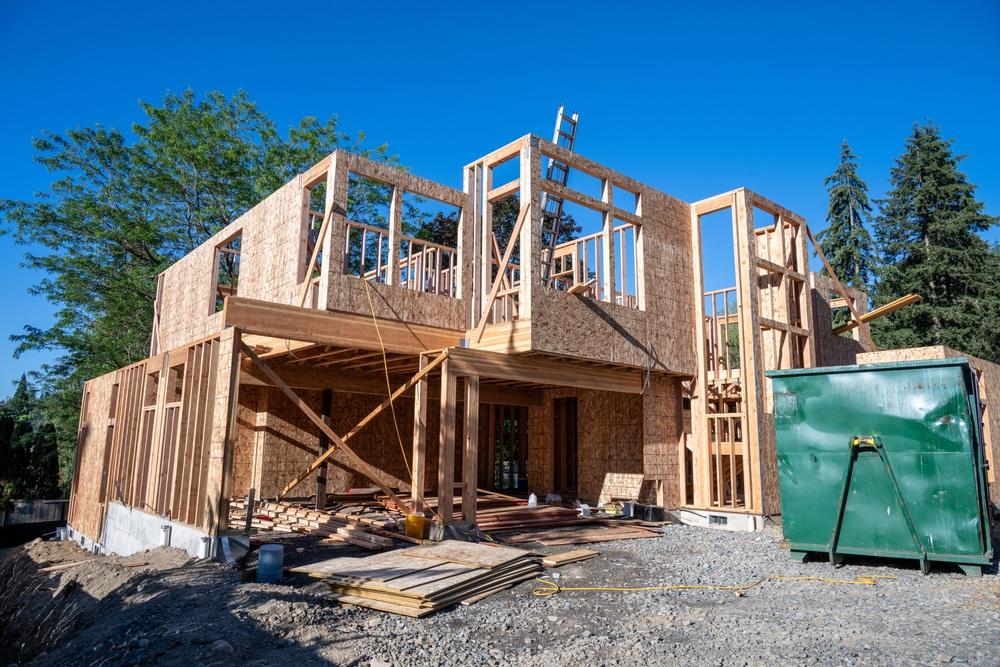Get A Reverse Mortgage
Discover how to access the equity in your home with a reverse mortgage.Find comprehensive solutions to help seniors convert their home equity into tax-free cash, providing financial flexibility and stability in retirement. Explore these reverse mortgage options and start living a more comfortable life today.
A reverse mortgage is a financial tool that allows homeowners, usually senior citizens, to convert part of their home equity into cash. While this method has its benefits, it also comes with potential risks. This article will provide comprehensive information about reverse mortgages, discussing their meaning, benefits, risks, and the process of obtaining them.

What is a Reverse Mortgage?
A reverse mortgage is a type of loan that allows homeowners aged 62 and above to convert a part of their home's equity into tax-free cash, without having to sell their homes or incur new monthly payments. This type of loan essentially reverses the process of a traditional mortgage. Instead of making monthly payments to a lender, the lender makes payments to the homeowner. The loan gets repaid when the homeowner sells the house, moves out permanently, or passes away.
Benefits of Getting a Reverse Mortgage
One of the main benefits of a reverse mortgage is the financial flexibility it provides. It presents a way for seniors to tap into their home's equity without having to sell or move out. The funds received can be used for any purpose, from covering daily expenses to paying off debts or even funding home improvements.
With a reverse mortgage, homeowners can choose to receive payments in several ways, including a lump sum, monthly payments, a line of credit, or a combination of these. This flexibility allows homeowners to tailor the loan to their specific needs.
Another benefit is that the homeowner can continue living in the house for as long as they wish, provided they maintain the house and pay property taxes and insurance. Moreover, reverse mortgages are non-recourse loans, which means if the loan balance exceeds the home's value at the time of repayment, the homeowner or their heirs will not be responsible for the difference.
Risks of Getting a Reverse Mortgage
Despite the benefits, there are several risks associated with reverse mortgages. One of the most significant risks is the potential for erosion of the homeowner's equity, as the loan balance increases over time due to interest and fees. This could leave less wealth for homeowners to pass on to their heirs.
Another risk is the possibility of foreclosure. If the homeowner fails to meet the loan's requirements, such as keeping up with property taxes, insurance, and maintenance, the lender may foreclose on the property.
Furthermore, reverse mortgages can be complex and difficult to understand. Without proper guidance, homeowners may not fully comprehend the loan terms and conditions and could end up making decisions that are not in their best interest.
How to Get a Reverse Mortgage
Getting a reverse mortgage involves several steps. Firstly, the homeowner must meet with a reverse mortgage counselor approved by the Department of Housing and Urban Development. The counselor will explain how a reverse mortgage works and discuss other potential alternatives.
Next, the homeowner will need to choose a lender and submit an application. The lender will assess the homeowner's financial situation and the home's value before determining the amount that can be borrowed.
Once approved, the homeowner will decide on the payment method. Finally, the loan closing process happens, where the homeowner signs the loan documents, and the funds get disbursed as per the selected payment method.
A reverse mortgage can be a useful financial tool for seniors who need additional income or wish to tap into their home equity without selling their house. While it offers flexibility and tax-free cash, it also comes with potential risks, including equity erosion and possible foreclosure. Therefore, before deciding to pursue a reverse mortgage, it is crucial for homeowners to understand the product fully and consider all alternatives. Consulting with a reputable counselor and lender is key to making an informed decision.











